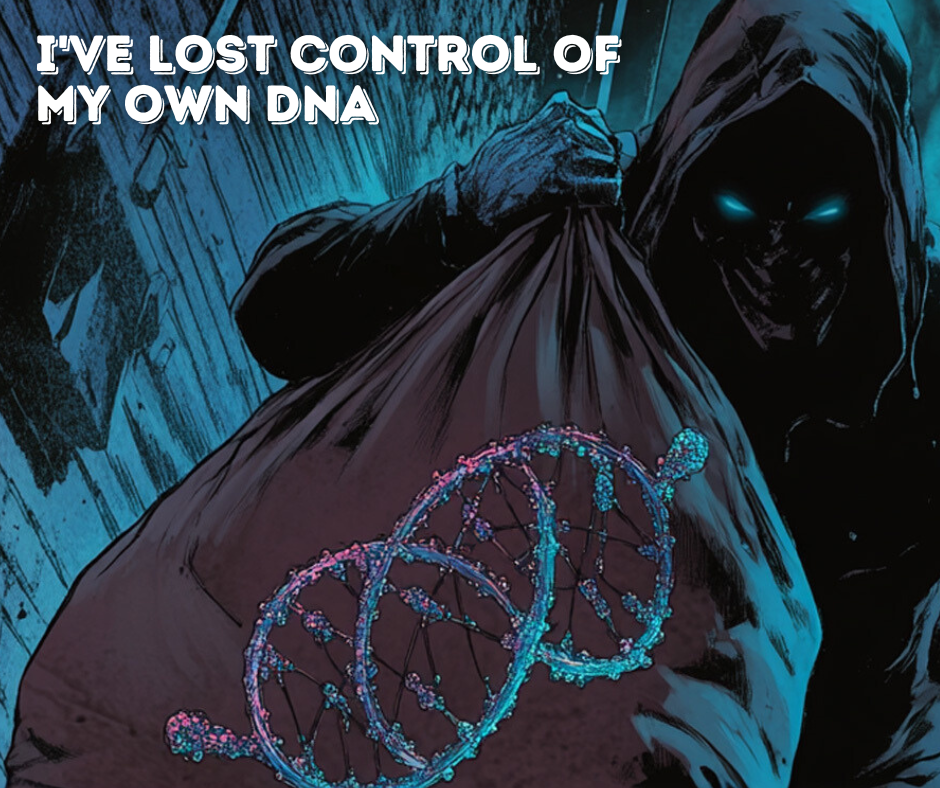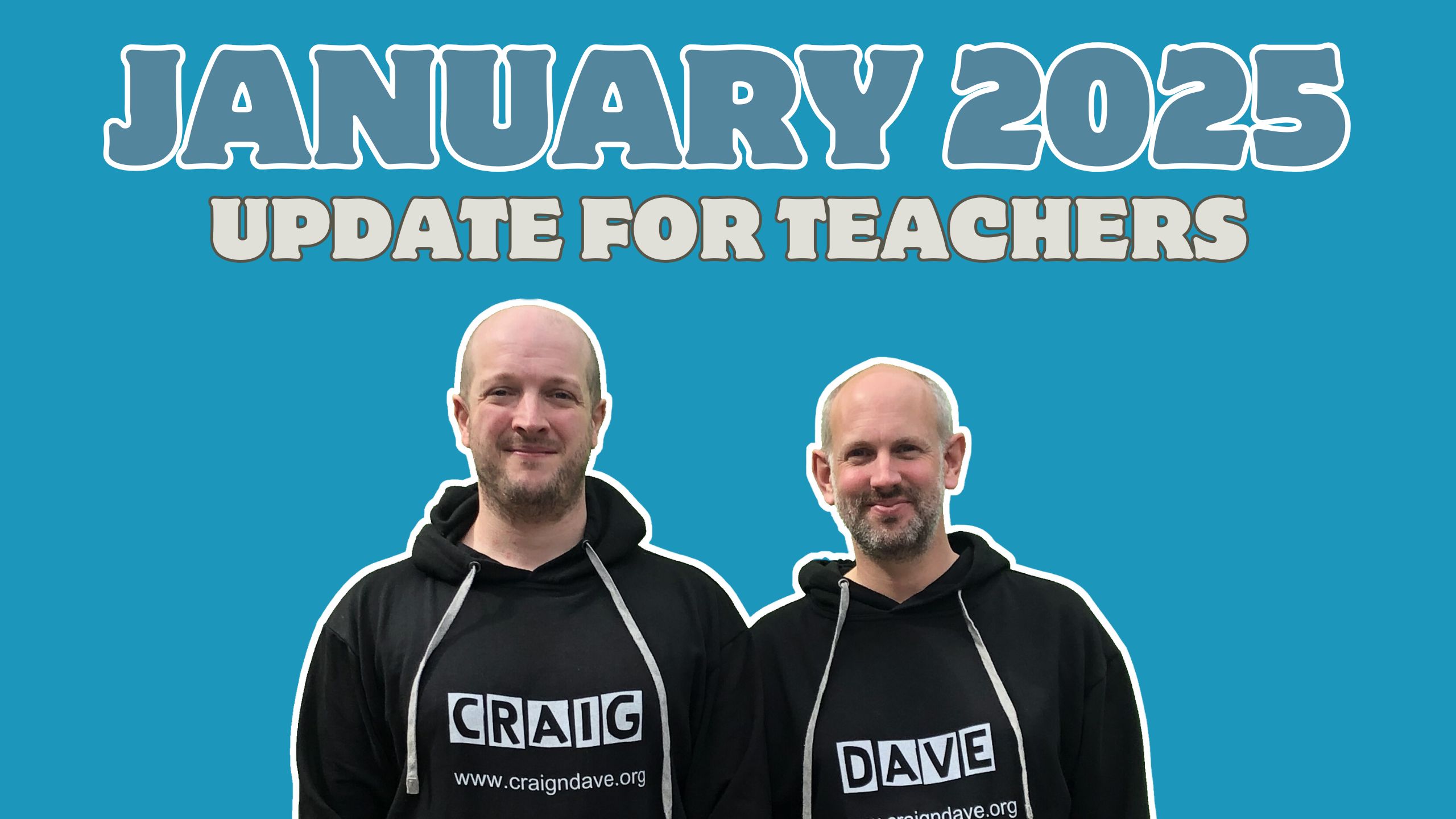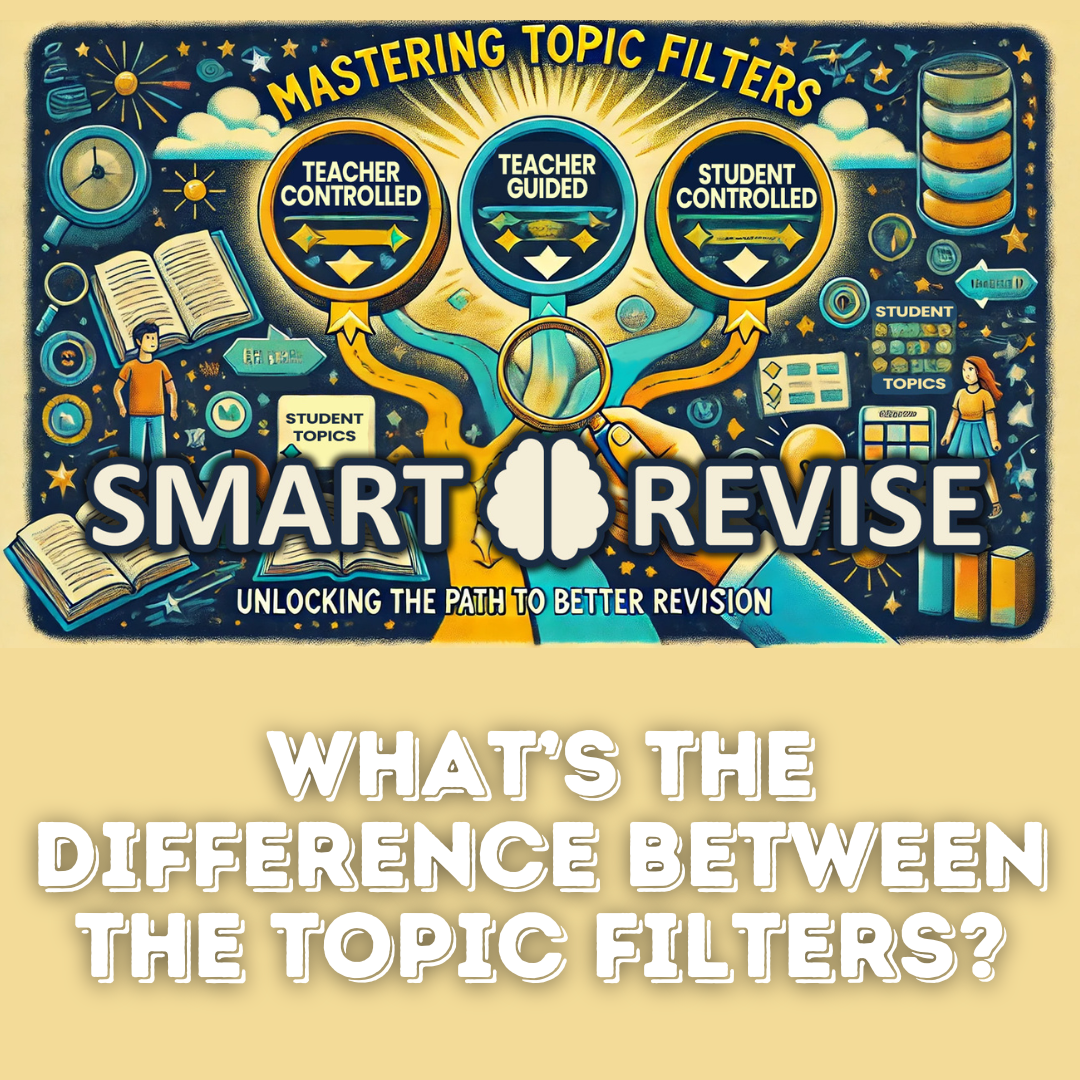
18 February 2025

DNA testing kits have become a modern-day curiosity – a way to discover your ancestry, potential health risks, and even traits you didn’t know you had. But have you ever stopped to consider what happens to that genetic goldmine once you send it off? Here’s a closer look at the fascinating yet slightly alarming world of DNA testing.
Uncovering secrets with DNA kits
Companies like 23andMe have made exploring your DNA as simple as spitting into a tube. From identifying as 5% Norwegian to discovering a predisposition for male pattern baldness, the results can be both entertaining and enlightening. But the story doesn’t end with finding out why you have curly hair.
DNA testing services also promise health insights and family connections, often revealing unexpected truths. Think learning one of your parents isn’t actually your parent – a revelation that might spice up Sunday lunch discussions.
The double-edged sword of genetic data
As exciting as these insights are, they come with serious privacy implications. Your DNA isn’t just your own; it’s linked to your family too. Sending in a sample might inadvertently overshare details about your siblings, parents, and even distant cousins.
The bigger concern is what happens to this data if companies face financial trouble. For example, Atlas Biomed recently vanished from the web, leaving users wondering what became of their most sensitive information. Similarly, 23andMe’s struggles raise questions about the security of its extensive DNA database.
Can you take back control of your DNA?
If the thought of your genetic information being mishandled keeps you awake at night, you do have options. Many companies allow you to delete your data, but be aware: if it’s been anonymised and used in research, it’s out there for good.
Before diving into DNA testing, take these precautions:
- read the terms and conditions: Know who has access to your data and how it’s used.
- consider the long-term impact: Your results affect not just you, but your family too.
- decide how much you want to know: Some truths might be best left undiscovered.
DNA testing kits can reveal fascinating insights, but they come with significant risks. If you’re considering taking the plunge, make an informed decision – and if you’ve already tested, explore ways to manage your data responsibly.
For more on this topic, watch the full Craig’n’Dave Lesson Hacker video linked below.
Be sure to visit our website for more insights into the world of technology and for the best teaching resources for computer science and business studies.
Stay informed, stay curious!











